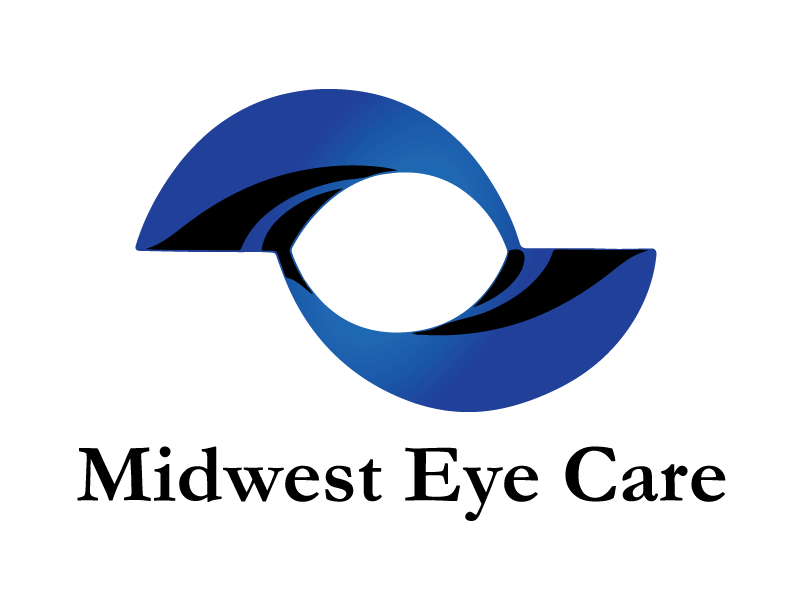Artificial corneas, also known as the Boston keratoprosthesis or by their trade name ‘K-Pro,’ may be an option for patients who have corneal disease that can’t be treated effectively by traditional corneal transplant surgery. Artificial cornea candidates may include those individuals who have repeated failures of previous corneal transplants (“repeat graft failure”), herpetic eye disease, aniridia (absence of an iris) and some congenital corneal conditions. The artificial cornea is used in conjunction with donor cornea tissue, and is a relatively new procedure. It was developed shortly after 2000 and less than 10,000 artificial corneas are implanted each year. In Nebraska, Drs. Michael Halsted and Michael Feilmeier of Midwest Eye Care are the only ophthalmologists who perform the procedure.
Because the different types of corneal transplant surgeries work well for many patients, the patients who are candidates for artificial corneas have typically exhausted the traditional options for addressing corneal disease or injury. The post-operative course for artificial cornea patients is quite demanding, but it is needed to help patients maximize their visual potential. The post-operative requirements include:
- Wearing a bandage contacts lens indefinitely to maintain comfort and protect the cornea;
- Daily use of topical antibiotics to keep the eye free of infection;
- Life-long use of topical steroids to reduce the likelihood of graft rejection;
- Life-long follow-up with an ophthalmologist to monitor the condition of the artificial cornea and to evaluate for the development of glaucoma, the risk of which is increased in patients with a prosthetic cornea.
If you have any questions about artificial corneas or whether you might be a candidate for the surgery, please contact our office.

